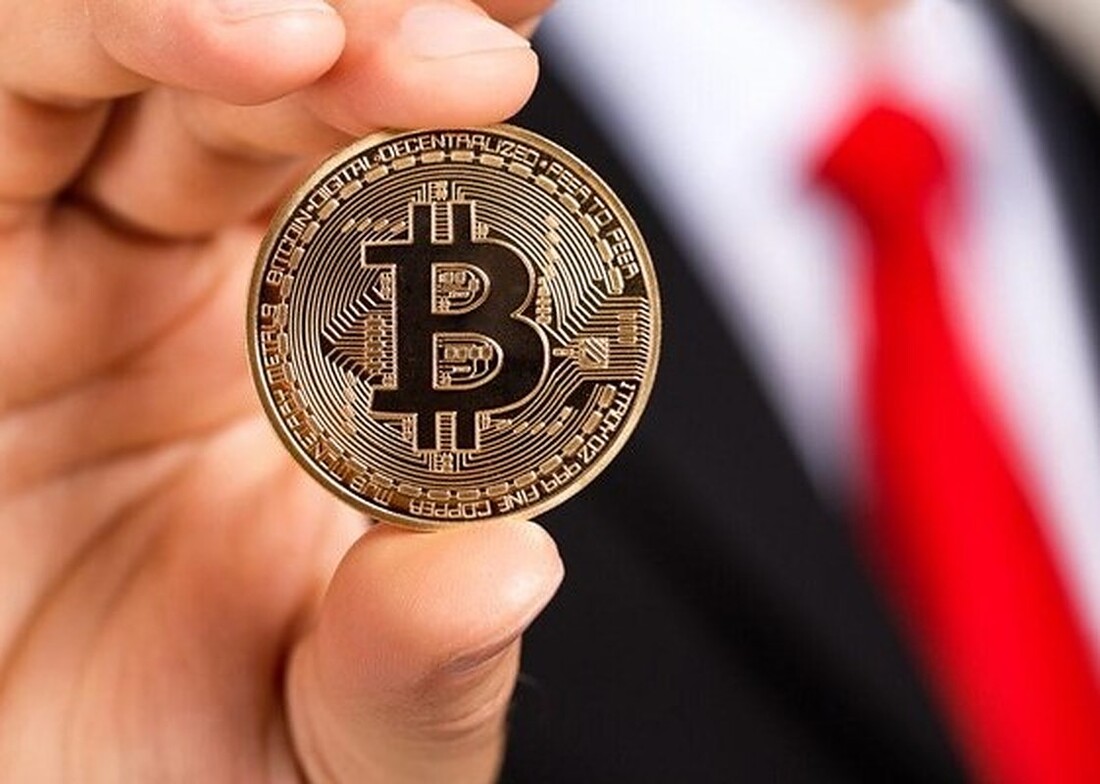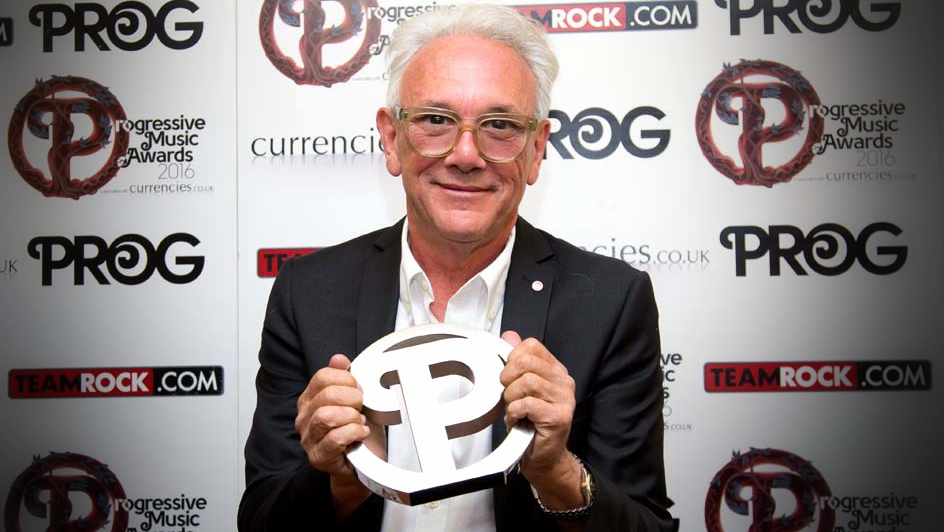Klaus: Yes. There are several perspectives on the subject in the specialist literature. One would be to treat the hard fork as a non-controllable event, because the inflow of new coins is like a random event, like a coin that I find on the street. If you cannot assign an income type to an income, you cannot tax it. That would be the aggressive approach, but that's not what we advocate. According to BD, the bitcoin revolution is now progressively developing in this rather progressive number of agents and owners of cryptocurrencies.
What is your view of the forkcoins?
Klaus: We think he does Comparison with a stock split is best. Companies can choose to split stocks. One share A becomes the two shares A and B. Nothing else happens, and the shareholders do not generate any income - in the short term - either. It just split the value of one share in two. In tax law, we also know this from tax-neutral spin-offs, such as the spin-offs of company parts under the Transformation Act.
That leads us to what seems to me to be the core of your argument. You say that a hard fork does not create new values, but takes values away from the original chain. Can you explain that?
Klaus: We first asked ourselves what gives the coin value. That should be the technology, but also the community, the miners and the developers, i.e. all factors that influence the future potential of the project. If a blockchain now splits up, developers and parts of the community switch to the new project. If a developer is working on both coins, for example Ethereum and Ethereum Classic, he can no longer fully invest his time in making one coin more valuable. As with a stock split, the network effects are distributed over two coins through a hard fork.
But don't the stock exchange prices speak against it? The price of Bitcoin (BTC) should have decreased on August 1st if it were as you say. In fact, if I'm not mistaken, it actually went up.
Magnus: Yes, in a perfect market it should have gone down. We took a closer look and analyzed the price developments of forks such as Bitcoin Cash, Bitcoin Gold and Ethereum Classic in order to compare them with those of stock splits. We wanted to find out whether and, if so, to what extent there were economic effects on an investment at the time of the split. On the day of the split, Bitcoin and Bitcoin Cash were actually worth more together than Bitcoin before.But we attribute that to the fact that there is a large amount of speculation in the value of cryptocurrencies that goes beyond intrinsic values such as community and technology. Therefore, the price does not contradict our argumentation here.
Klaus: You can see that with shares too, that splits lead to price distortions - to a much lesser extent, of course. Nevertheless, we wanted to investigate whether hard forks have a demonstrably significant influence on the price development and therefore trading strategies around the fork day can be useful. We came to the conclusion that the volatility is too high to be able to prove this.
Magnus: Yes, these effects cannot be proven visually or statistically significantly. If you add up the value of the coins in the old and new blockchain, and an investment on fork day increases by, for example, seven percent, that's a lot, but not so unusual for Bitcoin.
What does this mean for taxes?
Klaus: When you ask what it means for taxes, two things are always important. Firstly, whether the inflow of new coins represents taxable income and, secondly, which acquisition dates - i.e. acquisition costs and date - are to be used for the new coins. If what comes to me is taxable, then the market value of the new coin would in principle be the income that I have to pay tax. At the same time, this represents the acquisition costs of the new asset and the day of the fork represents the acquisition date. If I sell it within a year of the fork and get a higher price than at the time of the fork, I would have to pay tax on the difference. The 1-year period starts all over again.
But we see it differently. For us, the fork is a revenue-neutral process, like a stock split or a tax-neutral spin-off. So let's see what was originally paid for the Bitcoin from which Bitcoin Cash was forked, for example. The historical acquisition costs of Bitcoin would then have to be divided between Bitcoin and Bitcoin Cash. In our opinion, the ratio of the market prices of both assets at the time of the fork represents the economically most sensible apportionment ratio. So if a Bitcoin costs EUR 1,000 and a Bitcoin Cash costs EUR 100, around 9 percent of the original acquisition costs of the Bitcoin would be transferred to the Bitcoin Cash. The acquisition costs can then later reduce a potentially taxable capital gain.
The acquisition date of the forkcoin is the same as the original bitcoin. If we have held it for a year, we will have held Bitcoin Cash for a year and no longer have to pay tax on price gains. This procedure is referred to in tax law as the so-called "footstep theory".
The basic principle is that if there is no income, you don't have to pay taxes, right?
Magnus: Yes, if there is no income, no income tax can be levied. With forks and other novel tax matters, there are basically several options for interpreting the application of the existing laws and legal materials. So there is the professional view, mostly represented by the tax authorities, which interprets existing regulations in favor of the state. In our case, that would mean evaluating the fork coins as income on which taxes are to be paid. In contrast to this is the comparison mentioned at the beginning with a coin find, which does not trigger any tax on inflow or outflow, i.e. sale, since there is not only no income, but also no acquisition process against payment. You can represent this variant, it is also legal, as long as all transactions are disclosed. But as a rule resistance from the tax office is to be expected.
Klaus: In the tax tool that we are developing with CryptoTax, we apply a simplified footstep theory. For example, the Forkcoin gets the original purchase date, but has no acquisition costs. They remain entirely with Bitcoin. This increases the tax burden slightly if you sell the forkcoin before the 1-year period, while it decreases slightly if you sell Bitcoin. But in the end it comes out the same. It would of course have been cleaner to split the historical acquisition costs over the market values, but we have to make compromises for the practice in mass proceedings.
Magnus: In addition, the market price that would be necessary for the split is also at the time of the fork, very unreliable. Most exchanges do not directly fork the coin, and because the trading volume is low, the prices can be manipulated very easily at this point, so they are not representative. Therefore we simplify here.
Do you know whether it has already been possible to register forkcoins as you suggest?
Klaus: We know from practice that hard forks were treated by Bavarian tax offices according to the analogy of a share split. Bavaria seems to be quite innovative here.
Do I have to register the forkcoins even if I don't sell? It should be largely irrelevant for tax purposes, right?
Klaus: Yes, the inflow should be disclosed. After all, it is just our view that there is no yield. The tax office can also see it differently and demand the professional version. You can of course appeal against this. But if you keep quiet about the fact that there was this inflow, it could be interpreted as tax evasion. Therefore, our tool will also record all inflows, even if they are not included in the tax.
Wait. So a hard fork itself also creates a reportable fact for silent coins that have been resting on a wallet for years? Is it then something like a Bitcoin count?
Magnus: Basically there is an obligation to disclose, yes. From the point of view of criminal tax law, the inflow should be reported in any case, albeit with the indication that it is not considered to be tax-relevant. If, on the other hand, it is clear that the tax office will not proceed in a professional manner, preferably on the basis of a BMF letter that is binding for all tax offices, disclosure can be dispensed with. Of course, there is always a residual risk, especially with regard to the technical and legal complexity of the matter.
What if I have coins on a wallet or exchange that does not pay out the fork? With most wallets, you have to laboriously remove the private key or the seed and, in the worst case, import it with another derivative somewhere else. Many normal users cannot do that ...
Klaus: In the end, of course, it is an individual decision. If, in the worst case, criminal prosecution occurs, such qualitative aspects must also be taken into account. So it is unlikely that unsuspecting users will be convicted of tax evasion across the board.
Then I am relieving, even if it is still a bit unsettling. Thank you for the interview!










